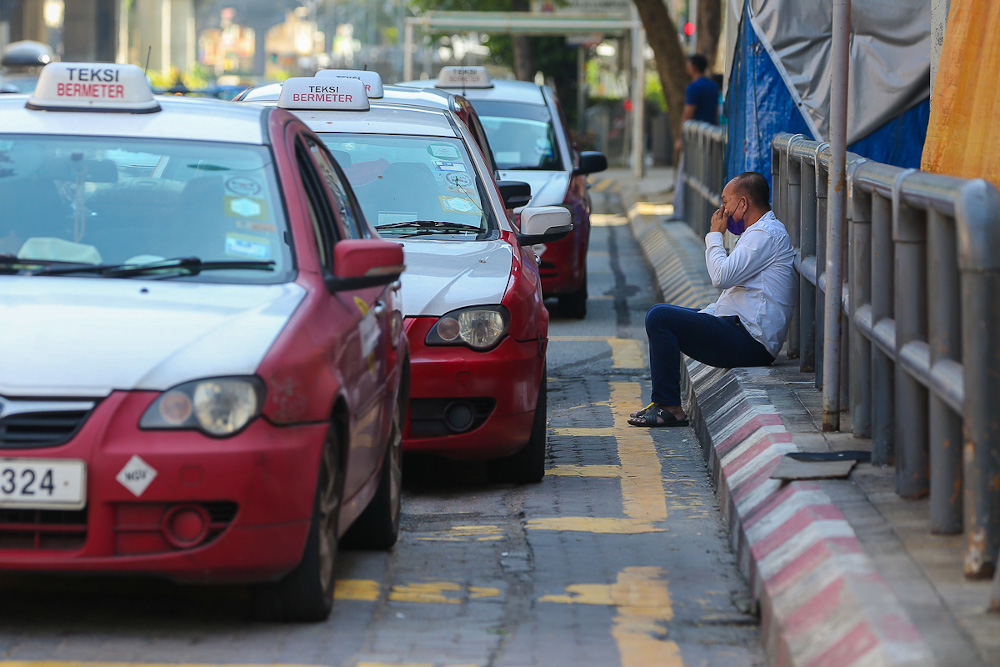KUALA LUMPUR, Aug 5 ― The federal government’s move to introduce containment measures such as the movement control order (MCO) has had a profound negative impact on the salaries and wages level in Malaysia.
Department of Statistics Malaysia (DoSM) chief statistician Datuk Seri Mohd Uzir Mahidin revealed that the mean monthly salaries and wages received by Malaysian employees decreased up to 9.0 per cent from RM3,224 to RM2,933 in 2020.
He said this is reflected by the decline in all states in 2020, with Johor registering negative 13.0 per cent, Terengganu (-12.4 per cent), Federal Territories Kuala Lumpur (-12.3 per cent), Federal Territories Labuan (-11.5 per cent), Sarawak (-11.0 per cent) and Selangor (-10.6 per cent).
“However, beyond the overall decline, there are few states which still recorded a value higher than exceeded the national average of RM2,933,” he said during the launch of the State Socioeconomic Report 2020 here today.
Accordingly, Federal Territory of Putrajaya recorded the highest mean monthly salaries and wages with RM4,497 followed by Federal Territory of Kuala Lumpur (RM3,823), Selangor (RM3,480), Negri Sembilan (RM3,013) and Federal Territory of Labuan (RM2,942).
With the pandemic persisting throughout the year, Mohd Uzir also said all states recorded an overall increase in unemployment rates with the annual unemployment rate in Malaysia rising to 4.5 per cent ― the highest in almost three decades ― in 2020.
Sabah recorded the highest increase at 8.0 per cent followed by Federal Territory of Labuan at 7.2 per cent and Perak at 4.8 per cent. All three aforementioned states surpassed the national level.
“In contrast, low unemployment rate was posted by Federal Territory of Putrajaya (1.5 per cent), Melaka (2.2 per cent) and Pahang (3.1 per cent),” he said.
Mohd Uzir said the decline in mean salary and wages including heightened unemployment rate was the result of downturns faced by industries such as tourism and hospitality.
He said the implementation of the MCO which barred interstate travel including international arrivals contributed to the country’s economic slump with industries such as hotels, food and beverage and transportation suffering the most impact.



















